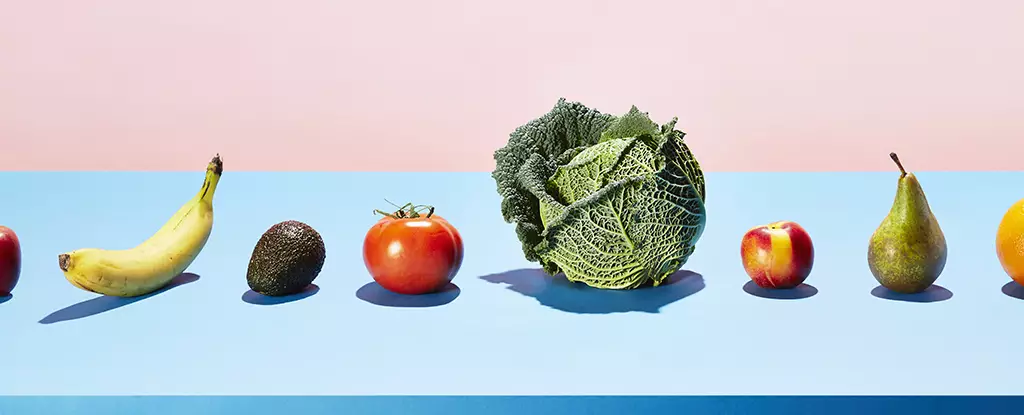In recent years, the connection between diet and mental health has grown increasingly evident, and new research sheds light on this relationship. A groundbreaking study conducted by researchers from the University of New South Wales (UNSW) has further reinforced the notion that a diet rich in fruits and vegetables may help mitigate the risk of depression. By leveraging the unique attributes of twin studies, researchers assessed the dietary habits and mood variations among nearly 3,500 individuals aged 45 and over across multiple countries, including the United States, Australia, Denmark, and Sweden.
Twin studies offer a compelling framework for understanding the influence of environmental factors on health outcomes. Since twins share a significant amount of genetic material—ranging from 50% to 100%—the differences in their health and mood can be more directly attributed to lifestyle choices such as diet, physical activity, and socio-economic factors. According to geneticist Karen Mather from UNSW, this methodology allows researchers to isolate the impact of specific variables on health, offering insights that might be obscured in more conventional studies.
The UNSW study uncovered a modest yet significant relationship between the consumption of fruits and vegetables and symptoms of depression. Individuals who reported higher intakes—in this case, averaging 2.1 servings of fruit and 2.0 servings of vegetables daily—displayed fewer depressive symptoms compared to their counterparts with markedly lower consumption levels, who averaged only 0.3 servings of fruit and 0.5 servings of vegetables. This suggests that boosting fruit and vegetable intake could be one avenue for improving mental well-being.
It is critical to note that even the participants with higher intakes of fruits and vegetables were still falling short of the World Health Organization’s recommendation of at least five servings per day. Lead author, nutrition scientist Annabel Matison, indicated that many participants, particularly from the Scandinavian region, consumed less than half of the recommended levels, highlighting an existing dietary deficiency that could have adverse mental health implications.
While the findings underscore a protective association between diet and depressive symptoms, it is important to clarify that correlation does not equate to causation. Factors like physical activity were not considered in this study, leaving room for alternative explanations of the observed phenomena. Previous research has indicated that there could be numerous contributing factors to depressive disorders, and while diet is a significant one, it interacts with various lifestyle elements.
Moreover, there’s a recognized connection between dietary habits and gut health, with poorer diets high in ultra-processed foods being linked to increased depression rates. Thus, the findings of this study may align with broader evidence suggesting that dietary choices can have far-reaching consequences for mental health.
The age of the study participants is particularly relevant, as it reflects a demographic where depressive disorders are more prevalent. Individuals aged between 55 and 75 often experience greater susceptibility to mental health challenges. Given this context, advocating for increased consumption of fruits and vegetables presents a potential intervention that is both accessible and impactful.
Matison emphasizes the significance of enhancing fruit and vegetable intake for adults over 45, positing it as a straightforward strategy for potentially lessening the risk of developing depression. Encouraging healthier dietary behaviors during this life stage may offer a means of prevention.
While the research presents compelling evidence correlating high fruit and vegetable intake with reduced depressive symptoms, it serves as a reminder of the intricate relationship between diet and mental health. Although more detailed studies are needed to establish causative links and better understand underlying mechanisms, the existing findings provide a strong foundation for future research and dietary recommendations. Increasing the fruit and vegetable quotient in the diets of older adults could be an invaluable step toward enhancing overall mental wellness and combating the rising tide of depression in vulnerable populations.

